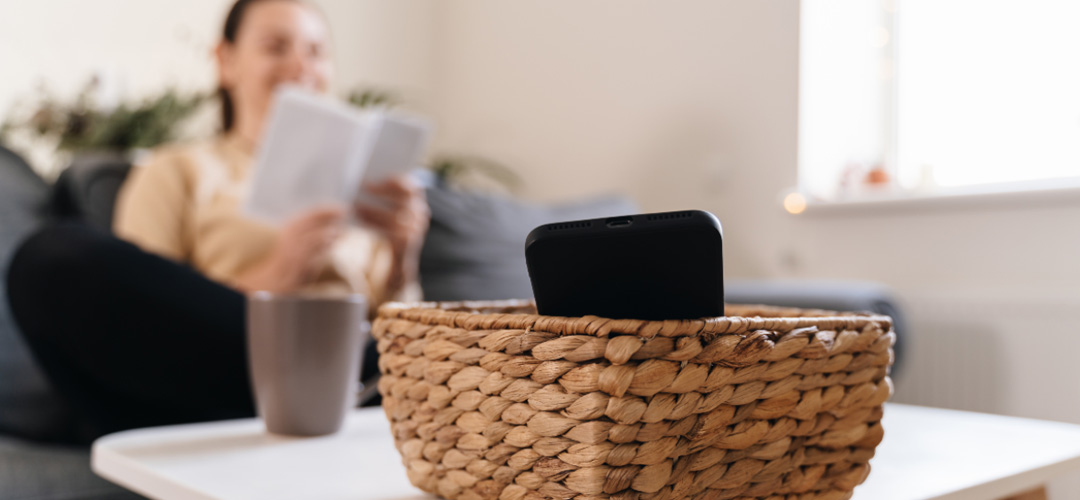How ayurveda can help reduce screen fatigue
How ayurveda can help reduce screen fatigue
Since COVID has begun, exposure to screen time has only increased around the world. A study published by WHO links a decline in sleep quality, neck pain, headaches, high blood pressure to increased screen time. Another study has found links between poor mental health and a rise in anxiety and depression with an increase in screen time. Ayurveda teaches living in harmony and with the seasons and the natural flow of every day. This innate rhythm is disrupted by technology.
People around the world have spent the pandemic locked in their homes, doom-scrolling through Instagram, juggling work-from-home emails and binging on streaming sites – and most have felt its consequences. The nagging pain at the back of our eyes, a dull headache, sensitivity to light and difficulty concentrating. Fatigue and exhaustion from screens is real and it manifests itself both mentally and physically. Technology naturally stimulates the Vata Dosha (Vata manages all the movement in our Mind and Body). When Vata is out of balance, we can feel ungrounded and too much screen time tends to make this feeling worse. As we shift into this digital reality – screen time is here to stay.
So, here are some things one can do to combat that tiredness and practice some much needed digital self care.
Follow the 20-20-20 Rule – Akshi Tarpana (that translates to eye rejuvenation) or soothing the eyes is a part of dinacharya. When working on a computer, remembering to take a break every twenty minutes is a great first step. It almost sounds redundant to say this but everyone forgets to take a break. When one looks at computer screens, they tend to blink 66% less than average. Rest your eyes by looking at an object twenty feet away for twenty seconds and give your eyes a chance to relax. Whatever you’re working on, will always be there when you get back from your break.
Meditate – One of the best ways to cope with digital fatigue is Sattva Vijaya (increasing the quality of clarity). To increase Sattva we can exercise, eat nourishing food, practice breathwork and meditation. A moment of quiet self-awareness can set the tone for the rest of the day. Meditation provides the much needed downtime our brains need to recuperate and be mindful.
Connect with nature – Nature helps us soothe our senses, cures Vata imbalances and is grounding. Going on regular walks and connecting with nature supports calm and stable energies, proper digestion and gives the balance we need to manage challenging tasks. Schedule 15-30 minute walks without any screens to practice a physical and mental detox.
Just including these small changes as part of one’s daily lifestyle can provide a lot of relief from the constant screen time that has worked into our lives. Some other basic things to keep in mind are staying hydrated, eating healthy and remembering that prevention is better than the cure. Even if fatigue isn’t felt in the body, practicing and cultivating these values have a great impact in the long run.
Self regulating and actively engaging with computers instead of passively absorbing what is on the screen, practicing mindfulness and healthy digital habits as well as actively connecting with friends, family and peers beyond laptop screens are all healthy boundaries one needs to set for themselves – so we can lead our best lives and be our best selves in these uncertain times.
We believe in collaborative relationship-based care where our Ayurvedic Doctors, Ayurvedic Practitioner, Ayurvedic Supplement Brands, Ayurvedic Nutritionists & Chefs, Yoga, and Meditation Trainers are in sync. Contact the team who passionately works together to hold your hand in this healing journey.


